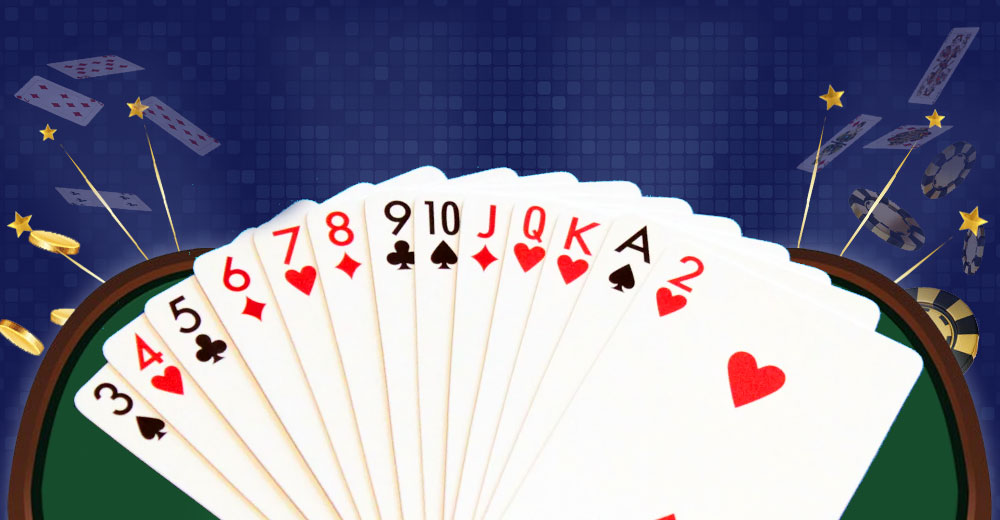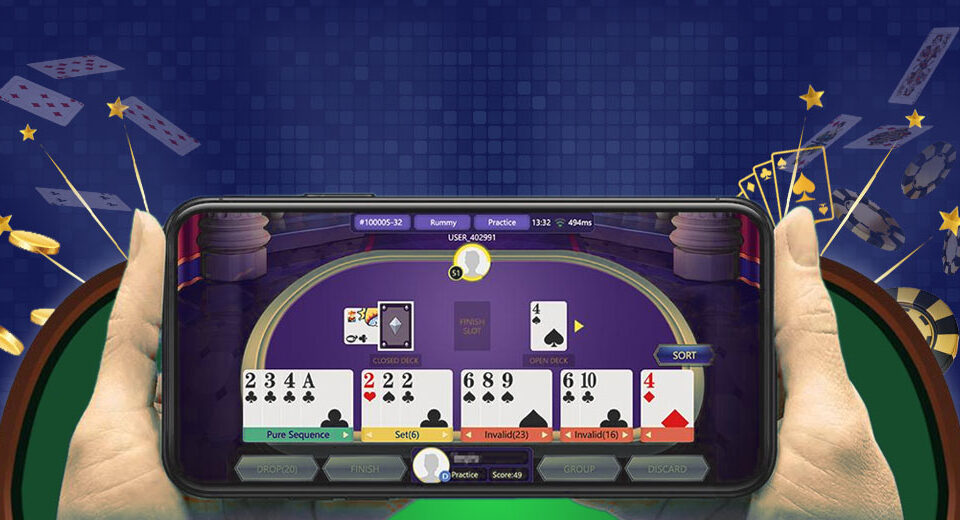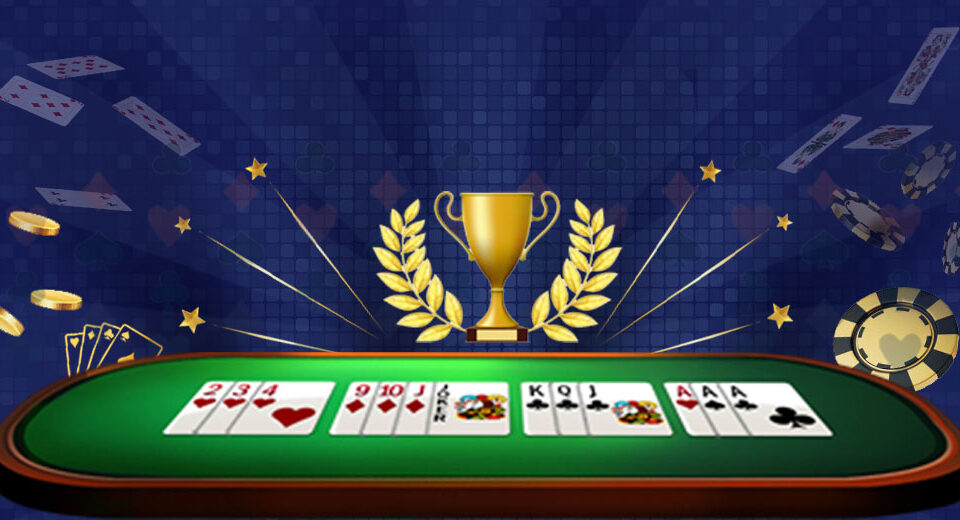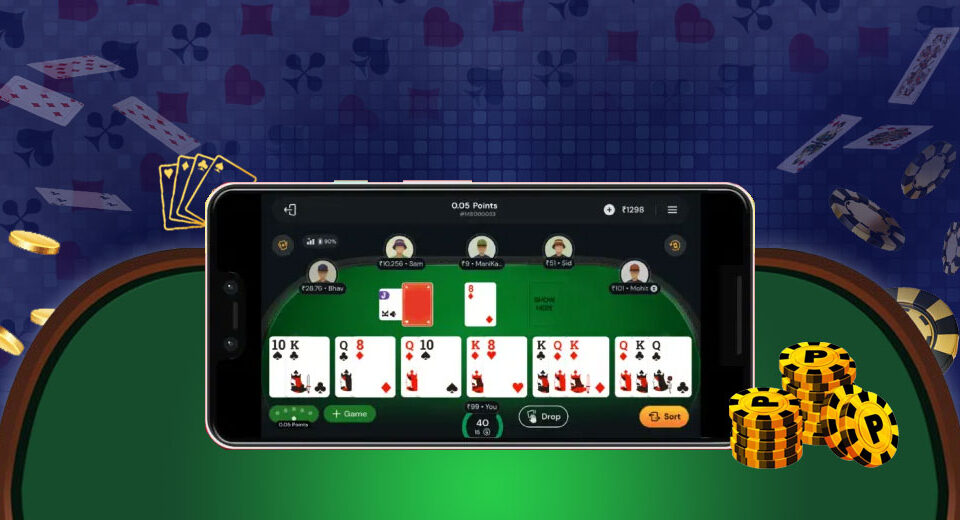How to Build a Rummy Community and Improve Together
The journey of mastering any skill becomes more rewarding when shared with others. In the world of rummy, community can play a pivotal role in enhancing gameplay, fostering connections, and promoting continuous improvement. Whether you’re a seasoned player or a beginner, being part of a rummy community opens up a world of learning opportunities, collaborative practice, and collective growth. It’s not just about competing—it’s about learning from each other, sharing strategies, and growing together.
Forming a rummy group or joining an existing community can elevate the experience, offering insights that may not be apparent when playing solo. This guide explores practical ways to build a strong rummy players' network and how such a community can lead to mutual advancement.
1. Start with a Small Group
Creating a rummy community doesn’t require a large crowd to begin with. Invite a few dedicated individuals who share a common interest in the game. This could be buddies, colleagues, or even online acquaintances. The key is to bring together people who are genuinely interested in learning and improving. Once the core group is established, you can gradually expand it by encouraging members to invite like-minded players.
2. Set Common Learning Goals
A strong community thrives on shared goals. Establishing objectives such as mastering a particular rummy variant, understanding complex Indian Rummy rules, or improving decision-making skills can give direction to your group sessions. Goals help keep members motivated and create a sense of purpose, ensuring everyone contributes to the collective development of the group.
3. Organize Regular Practice Sessions
Consistency is vital when it comes to skill-building. Schedule regular practice games where community members can apply strategies, test theories, and refine their approach. Make use of online rummy platforms to stay connected even if members are in different locations. Practicing together also allows players to observe others’ styles, learn new tactics, and offer constructive feedback.
4. Share Knowledge and Strategies
Every player brings unique insights to the table. Encourage members to share their experiences, analyze game scenarios, and discuss what worked or didn’t work. Create a culture of learning where tips, tricks, and strategies are openly exchanged. You can also explore hosting mini-workshops or Q&A sessions focused on different aspects of the game.
5. Use Technology to Stay Connected
Leverage social media groups, messaging apps, or video conferencing tools to maintain communication and engagement within the community. Platforms like WhatsApp, Discord, or Telegram can serve as hubs where members discuss game updates, organize matches, and exchange learning materials. Being digitally connected enhances the sense of belonging and helps maintain momentum.
6. Celebrate Progress and Milestones
Recognizing improvement, no matter how small, is essential for morale. Celebrate individual and group achievements—whether it’s someone mastering a new tactic, winning a tough game, or showing significant improvement. Regular appreciation builds confidence and encourages continued effort.
7. Encourage Healthy Competition
While the aim is improvement, a bit of friendly competition can be motivating. Organize internal rummy tournaments or point-based challenges that push members to do their best. This keeps the group dynamic exciting and fuels the drive to improve.
Conclusion – A thriving rummy community turns every hand into a lesson and every session into progress.
Building a rummy community is about more than just playing together. It’s about fostering a culture of support, shared growth, and continuous learning. When like-minded individuals come together with the common goal of mastering rummy, the results can be remarkable. By creating a collaborative environment, encouraging open communication, and maintaining consistency, you not only improve your own skills but also uplift others in the group.




